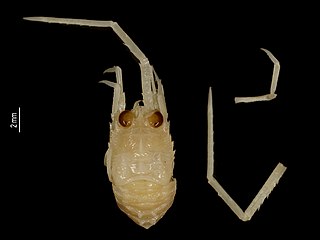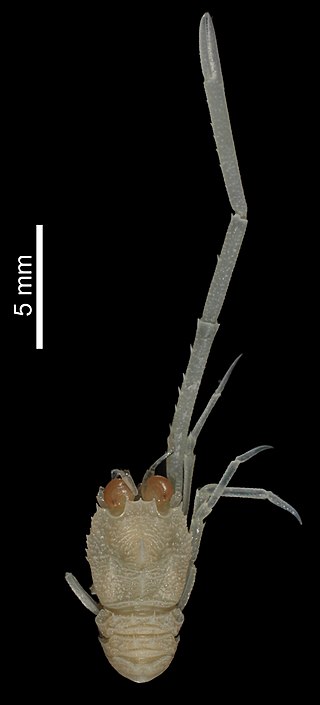
A trinquete is a special court for various indoor versions of pelota and it is a modality of the pelota sport. In South America, especially in Argentina the trinquete is also known as close court, because the other open court is named for the fronton. It has some of the characteristic features of a real tennis court, probably because many real tennis courts were converted to trinquetes in the 19th century. For some sports, the players face the same wall and share the court, similar to squash. For other sports, a net is strung across the middle of the court and the players face each other, similar to tennis.

British Association for Cemeteries in South Asia (BACSA) is an organisation founded in 1977 that seeks to maintain and record for posterity European cemeteries in former Indian Subcontinent and Southeast Asia territories of the East India Company such as India, Sri Lanka, Burma and Malaysia. It is based in London.
Frontó is a modified Valencian pilota version of the original Basque Pelota game. The name frontó refers both to the game, ball and the playing area. Unlike some of the more popular Valencian Pilota rules, frontó is an indirect game, that is, players do not stand face-to-face but share a common playing area.

Bathymunida is a genus of squat lobsters in the family Munididae, containing the following species:

Munididae is a family of squat lobsters, taxonomically separated from the family Galatheidae in 2010.
Frontis Archive Publishing System is a content management system and electronic document and records management system (EDRMS) and is primarily used for publishing historical archives on-lines for researchers to search.

Bathymunida avatea is a species of squat lobster in the family Munididae. The name is derived from the goddess of the moon, Avatea, in Cook Islands mythology. It is found off of French Polynesia and Tonga, at depths of about 455 metres (1,493 ft).
Bathymunida balssi is a species of squat lobster in the family Munididae. The males usually measure between 2.0 and 3.2 millimetres, with the females usually measuring between 2.0 and 3.3 millimetres. It is found in the Ceram Sea and off of New Caledonia, at depths between about 110 and 195 metres.

Bathymunida polae is a species of squat lobster in the family Munididae. The males usually measure between 2.4 and 5.9 millimetres, with the females usually measuring between 2.6 and 5.0 millimetres. It is found in the Red Sea and off Madagascar and Réunion, at depths between about 75 and 255 metres.
Bathymunida brevirostris is a species of squat lobster in the family Munididae. The males usually measure between 5.0 and 5.6 millimetres. It is found off of northwestern Kyushu, an island in the Japanese archipelago, at depths of about 105 metres (344 ft).
Bathymunida corniculata is a species of squat lobster in the family Munididae found in French Polynesia.

Bathymunida dissimilis is a species of squat lobster in the family Munididae. The binomial name is derived from the Latin dissimilis, meaning "different", in reference to its relation with and difference to B. balssi. It is found off of Futuna, at depths between about 100 and 110 metres.

Bathymunida eurybregma is a species of squat lobster in the family Munididae. The name is from the Greek eurys, meaning "broad", and bregma, meaning "front of the head", in reference to its broad rostrum. The males usually measure between 3.1 and 4.9 millimetres. It is found off of the Chesterfield Islands and Loyalty Islands, at depths between about 270 and 380 metres.
Bathymunida longipes is a species of squat lobster in the family Munididae. The males usually measure between 5.2 and 6.0 millimetres. It is found off of Bali, near the Kangean Group and Sulu Archipelago, at depths between about 100 and 140 metres.

Bathymunida nebulosa is a species of squat lobster in the family Munididae. The specific epithet is derived from the Latin nebulosus, meaning "indefinite" or "obscure", in reference to the weak striae on the carapace. The males usually measure between 3.2 and 5.2 millimetres, with the females usually measuring between 3.0 and 3.6 millimetres. It is found off of the Chesterfield Islands and the Matthew and Hunter Islands, at depths between about 300 and 610 metres.

Bathymunida ocularis is a species of squat lobster in the family Munididae. The specific epithet is derived from the Latin ocularis, meaning "of the eyes", in reference to the granulated eyestalks that are unique to the species. It is found off of the Loyality Islands, at depths of about 240 metres (790 ft).
Bathymunida quadratirostrata is a species of squat lobster in the family Munididae. It is found off of the Bonin Islands and the Kai Islands, at depths between about 105 and 305 metres.
Bathymunida recta is a species of squat lobster in the family Munididae. It is found off of Futuna Island, at depths between about 280 and 370 metres.

Bathymunida rudis is a species of squat lobster in the family Munididae. The specific epithet is derived from the Latin rudis, meaning rough, which is in reference to the rough upper side of the carapace. The males usually measure between 4.1 and 5.2 millimetres. It is found near Norfolk Ridge, at depths between about 110 and 155 metres.
Bathymunida sibogae is a species of squat lobster in the family Munididae. It is found in the Ceram Sea and off of the Kei Islands, New Caledonia, Chesterfield Islands, and Japan, at depths between about 120 and 345 metres.










